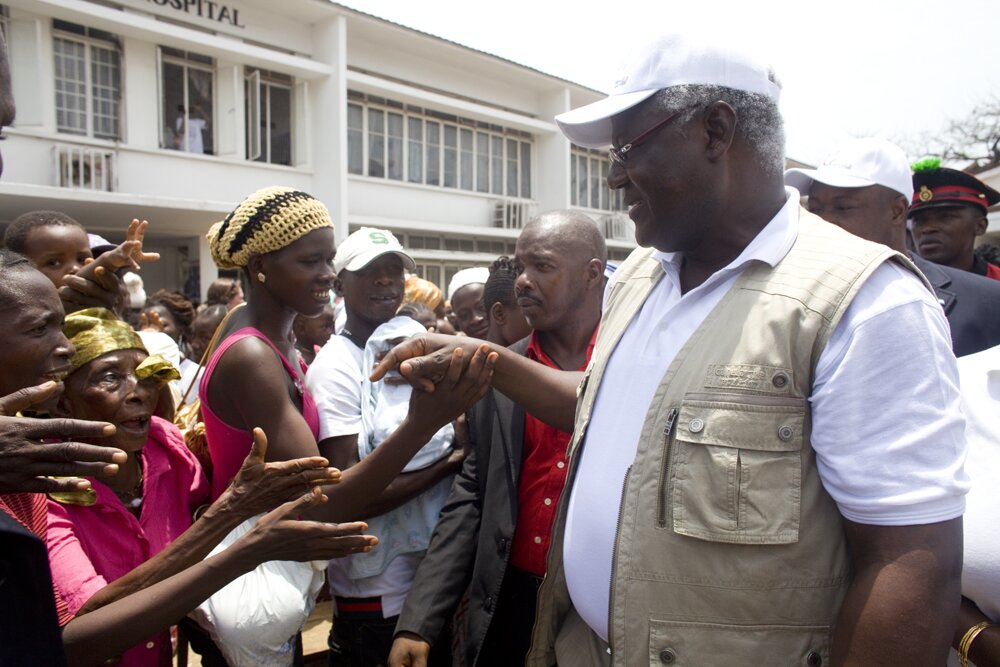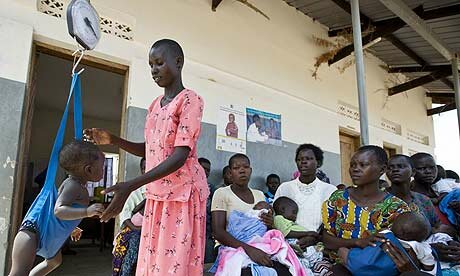November 17, 2011
Ensuring family planning access: African leaders should do more
November 09, 2011
An activist’s take: Why the US should support country ownership
November 07, 2011
Sierra Leone, Senegal part of GHI expansion
November 02, 2011


 On the Obama administration’s Global Health Initiative website – which we hear will soon undergo a much-needed upgrade – the GHI lists seven principles.
On the Obama administration’s Global Health Initiative website – which we hear will soon undergo a much-needed upgrade – the GHI lists seven principles. Political will is said to be able to move mountains, bringing about unlikely reforms in countries desperately needing them. Sierra Leone’s
Political will is said to be able to move mountains, bringing about unlikely reforms in countries desperately needing them. Sierra Leone’s  As orignially seen at The Guardian.
As orignially seen at The Guardian.